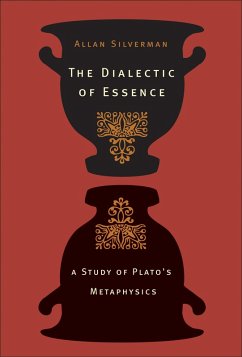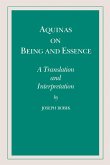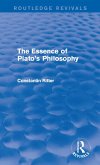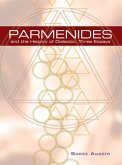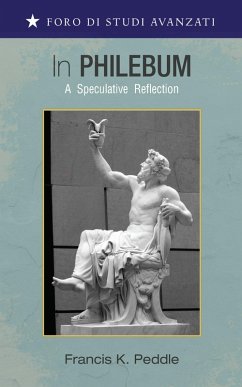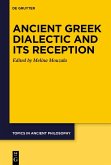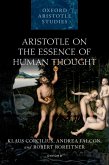The Dialectic of Essence offers a systematic new account of Plato's metaphysics. Allan Silverman argues that the best way to make sense of the metaphysics as a whole is to examine carefully what Plato says about ousia (essence) from the Meno through the middle period dialogues, the Phaedo and the Republic, and into several late dialogues including the Parmenides, the Sophist, the Philebus, and the Timaeus. This book focuses on three fundamental facets of the metaphysics: the theory of Forms; the nature of particulars; and Plato's understanding of the nature of metaphysical inquiry.
Silverman seeks to show how Plato conceives of "Being" as a unique way in which an essence is related to a Form. Conversely, partaking ("having") is the way in which a material particular is related to its properties: Particulars, thus, in an important sense lack essence. Additionally, the author closely analyzes Plato's idea that the relation between Forms and particulars is mediated by form-copies. Even when some late dialogues provide a richer account of particulars, Silverman maintains that particulars are still denied essence. Indeed, with the Timaeus's introduction of the receptacle, there are no particulars of the traditional variety. This book cogently demonstrates that when we understand that Plato's concern with essence lies at the root of his metaphysics, we are better equipped to find our way through the labyrinth of his dialogues and to better appreciate how they form a coherent theory.
Silverman seeks to show how Plato conceives of "Being" as a unique way in which an essence is related to a Form. Conversely, partaking ("having") is the way in which a material particular is related to its properties: Particulars, thus, in an important sense lack essence. Additionally, the author closely analyzes Plato's idea that the relation between Forms and particulars is mediated by form-copies. Even when some late dialogues provide a richer account of particulars, Silverman maintains that particulars are still denied essence. Indeed, with the Timaeus's introduction of the receptacle, there are no particulars of the traditional variety. This book cogently demonstrates that when we understand that Plato's concern with essence lies at the root of his metaphysics, we are better equipped to find our way through the labyrinth of his dialogues and to better appreciate how they form a coherent theory.

